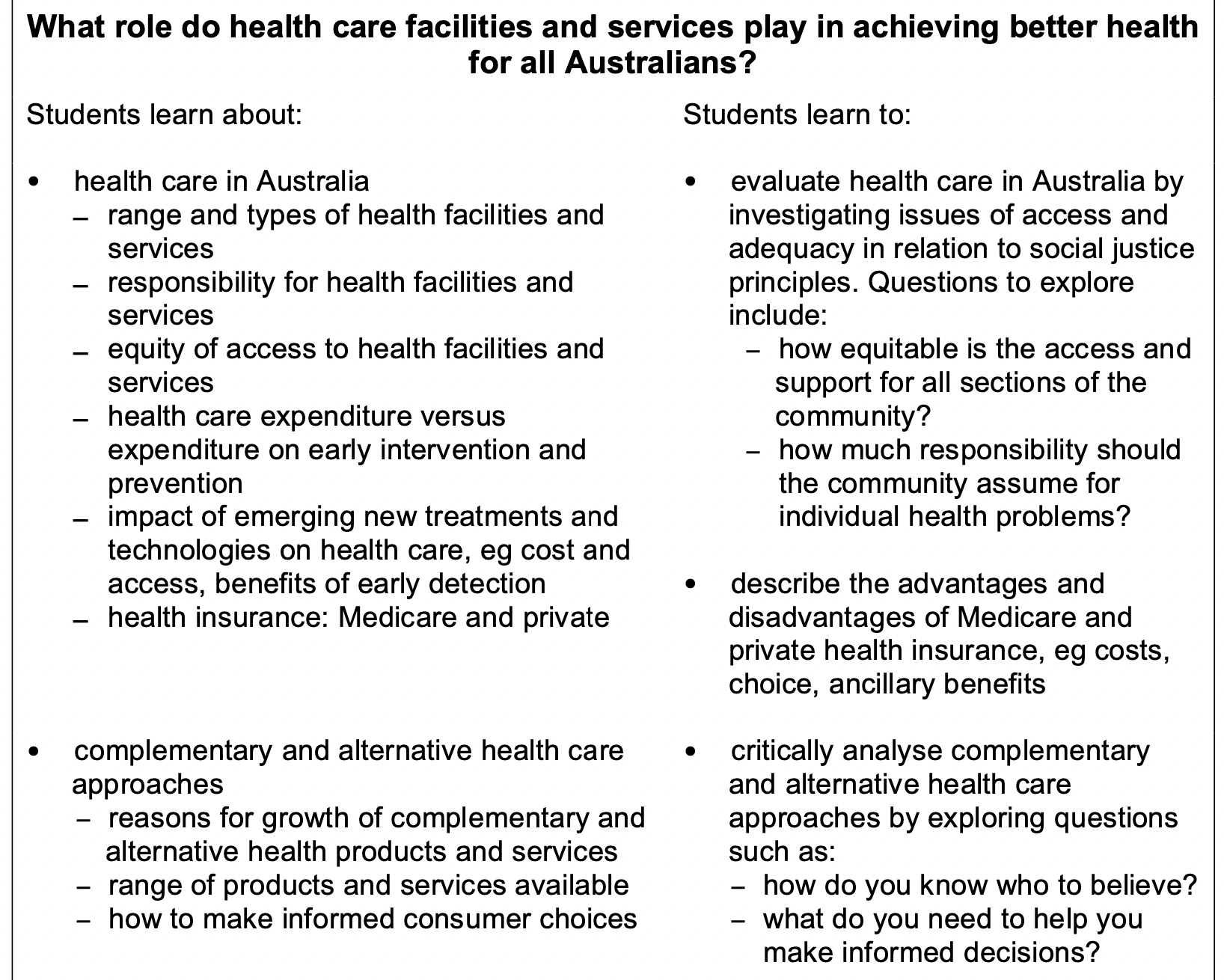
Have you ever seen the words critical and inquiry together as a type of approach for teaching and learning? I don't think I have actually seen it anywhere other than my own stuff, but it came together for me one day as I was reading through the stage 6 syllabus (yes, just reading it from start to finish, I'm like that😁).
You see at the time I had also been engaging with a couple of other educators and the work they were doing. One was Michael Anderson from Sydney Uni.2 His work is all on the 21st-century skills of creativity, critical reflection, communication, and collaboration. The other was Trevor MacKenzie from Canada who specialises in Inquiry-Based Learning.3
I had read their books and interviewed them both on my podcast and as I read the syllabus I began to think it was designed for a combination of their approaches as well as a few other things I really enjoyed about project-based learning.
1. What is critical inquiry?
Critical inquiry is simply bringing together two great words in education. Critical, which means to "add a degree or level of accuracy depth, knowledge and understanding, logic, questioning, reflection and quality to"1 something. And inquiry, which literally means to ask questions.
As I brought these together I loved the idea of using questions, from all over the place, to help students dive deeper into the content and its application. I saw this throughout the entire stage 6 syllabus, and of course, it is prevalent throughout many other syllabi, including the K-10 PDHPE Syllabus. You can see it in critical questions, or just by identifying all the questions the syllabus uses as part of a critical analysis of a given topic or to evaluate or analyse it. You can see both in the image below.

2. Why should we use it?
Apart from the fact that this approach is seen throughout our 2 main syllabi, there are three other reasons to use it.
Firstly, a critical inquiry approach helps students to develop their ability to learn. There are lots of names for these skills, such as "learning powers", or "learning dispositions". Regardless of what you call them, this critical inquiry approach to learning will naturally develop these. Students will become more curious, more motivated, have greater foresight, and develop a deeper understanding of the topic through this approach.
Secondly, it creates a more enjoyable way to teach and learn. This approach puts more responsibility on the student for their learning as they ask questions and seek answers. While you as the teacher may be able to simply answer their questions, it is more rewarding for the student to develop the skills needed to answer their own questions. It helps them develop research skills, especially if we focus on teaching this over the content, which is a key aspect of the critical inquiry approach.
Finally, the critical inquiry approach is based on research. There is a very large amount of research into the benefits of students using an inquiry model of learning. This is why NESA is focusing on this approach so much as they continue to update and write new syllabi. Think of the deep-dive projects and research projects now being a central part of almost every stage 6 syllabus. And we all know adding a level of critical thinking is vital for students to be able to sift through the ever-growing content being generated on the internet.
3. What does it look like?
The critical inquiry approach to teaching and learning doesn't have a single look to it. But it does have 2 key features.
- There is a focus on questioning. This can be an overarching essential or driving question. This is a question used to capture all student learning in a unit and is where a teacher will continually pull students back on topic by refocusing on the question. Teachers will often also use smaller sub-questions to guide lessons or perhaps a week of lessons to move students towards answering the larger question. Finally, I want to also highlight the need to collect student questions and give them a key place in the learning. Something like a wonder wall, or a question box often forms a key part in the learning as it provides students some autonomy in their learning.
- There is a focus on research. The critical aspect of this approach is to explicitly teach students how to do research. Have them complete self-reflections on learning dispositions and discuss how each disposition can be developed. Help students set goals to improve how they learn and monitor their own progress. We also want to make sure the students are asking questions of a critical nature as they do research. The aim here is to go deep into the topic. Don't be confined by the syllabus and allow students to enjoy the process.
A final thing I want to say. In my own experience, I have found students more engaged in learning, learning faster, and achieving some pretty good results in exams as well, even though this approach doesn't have to specifically prepare students for them. The nature of questioning and the fact exams are full of questions might be a reason for this. 🙂
If you would like to learn more about the critical inquiry approach you could spend time doing lots of your own research, perhaps reading the books below. The other option is to jump into my online course or find out when my next workshop is.
Check out the online courses
References
2 - Transforming Schools by Michael Anderson and Miranda Jefferson
3 - Dive Into Inquiry by Trevor MacKenzie
4 - Understanding by Design by Grant Wiggins and Jay McTighe
Subscribe to the site
Get tips to help you:
- teach PDHPE
- engage your students
- improve your practice
and a whole lot more.
We hate SPAM. We will never sell your information, for any reason.

